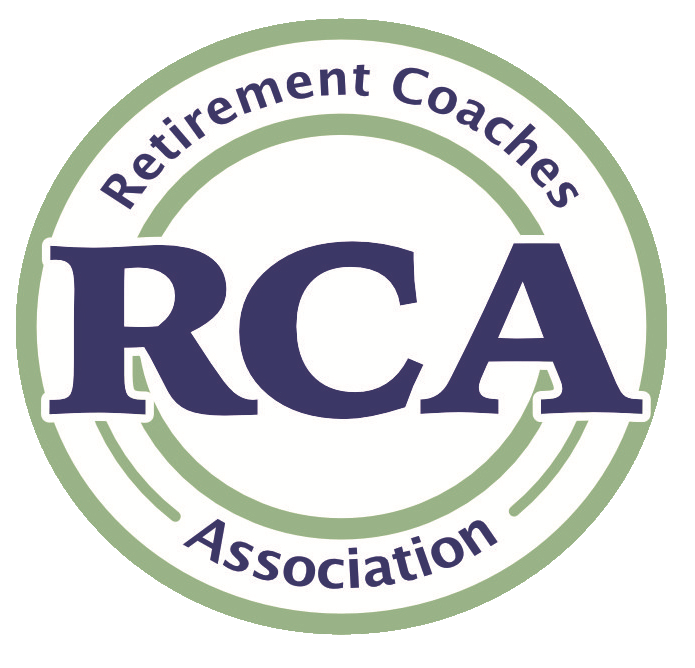The question of “Do I downsize and relocate or stay in my home for retirement?” inevitably comes up when you start looking at your personal finances and budgeting for your new life. It doesn’t help that most images of retirement show smiling people on sandy beaches doing a lot of nothing.
Nothing could be farther from the truth.
The realities of retirement
The day you step into retirement is just like the day before you took the plunge. Your kids still need you to help with the grandchildren, your same doctors are still in place, and your friends still want you to go out on Friday nights.
Retirement today is not like what it was for our parents. We have options. They had responsibilities, or so they thought. Actually, what they had was a fear of letting go and trying new things. We don’t have that, because we changed jobs and relocated four or five times. Change was our friend and in retirement, and it will be again.
Downsize and relocate – if you wish
Our best advice? Only change what will benefit your standard of living and make you feel happy about where and how you live. In other words, concerning you and your spouse or partner, make sure your choices come from a place of what is “best for us” and “our circle of love”.
You don’t need to maintain your big family home because you feel like you must enshrine your children’s bedrooms for future visits. They left – and so should you if that’s what you desire! Find a living situation that suits your new lifestyle. Think warm and efficient so your bills for taxes, HVAC, and housecleaning all begin to tumble. Encourage your kids to visit, but let them know they can book their stay in a nearby hotel, not in your retirement home. Let’s all be comfortable.
It’s a new day, and the faster your kids embrace it, the faster you will get rid of your abandonment guilt. And the easier it will be to downsize and relocate.
What about all your stuff?
Remember, with downsizing comes a great responsibility. it’s called “throw everything that doesn’t bring you joy away” and donate as much of your furniture as possible because it won’t look good in the new place. For example, don’t drag wall hangings from the past 60 years along with you. Replace, renew, and refresh the look so that your new dwelling sings to you each day as you rise and travel through it.
Where to relocate to?
Once you have decided to downsize and relocate, where to live? Think long and hard about this one as it has to last several years.
Here’s some points to consider:
- Newer is better so you don’t get caught in the “deferred maintenance” trap at the age of 75 when you can least afford it.
- If you buy into a condo association, be sure they have well-financed reserves as out-of-the-blue “special” assessments could cripple you.
- Geography is also a big deal. Living in the south and southwest is warmer and can be cheaper.
- You will have lots of friends to choose from. Look for places that are newly developing as they tend to attract people who are new to retirement, so you all get to grow old together. Otherwise, if you move into an established community and are the relative youngsters but everyone else is in their 80s, guess who becomes their go-to transportation service for shopping and doctor’s appointments? (Some requests are tough to ignore!)
The re-relocating trend
The final anecdotal thing I have noticed over the past five years is the trend of people relocating back to whence they came. Oh sure, they had fun in the warmth of Florida or Arizona or Texas, but now their health is beginning to fail, they long to get closer to their kids and grandkids. Some also feel a solemn call to return to the nest as they want to their “last hurrah”— being where people know them, so they will not be forgotten.
In the end, it’s all about legacy, and having a circle of love to share it with.
About Bob Foley
Bob Foley is your Retirement Lifestyle Coach and you can reach him by email at bob@retirementlifestylecoach.com or simply by scheduling time on his calendar.
Bob Foley is on a mission to make sure your retirement lifestyle is designed just for you. After all, he knows how much retirement has changed in the past few decades. Because you’re not your parents, and your retirement won’t look like theirs.
You’re a dynamic and vibrant individual, and retirement isn’t about to change that!
Bob knows what it’s like to be a driven, career-minded professional who’s suddenly standing on the precipice of retirement, looking down on an unfamiliar landscape full of shadowy unknowns and big, looming question marks. Meet Bob Foley.




